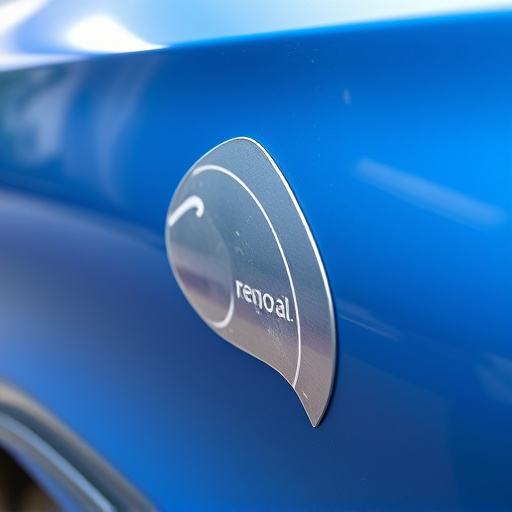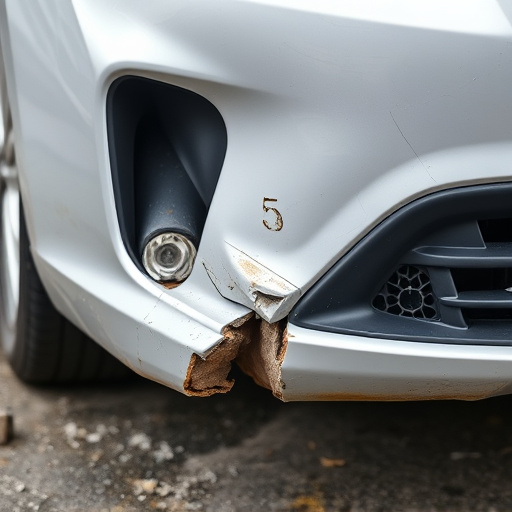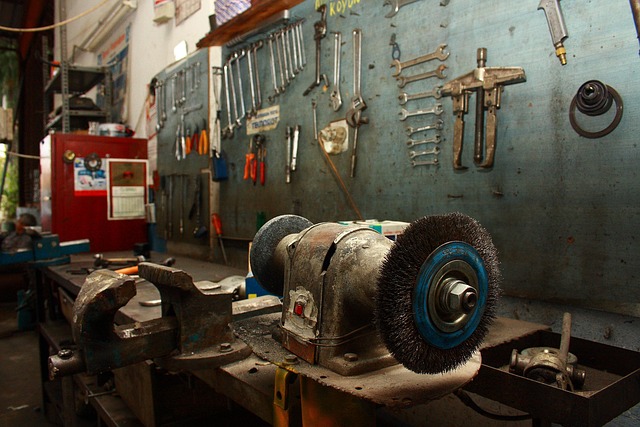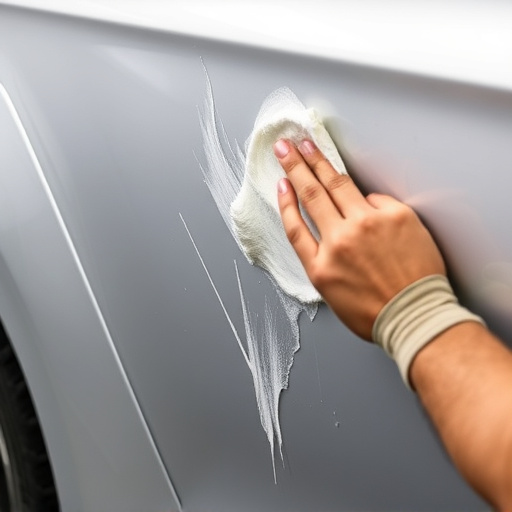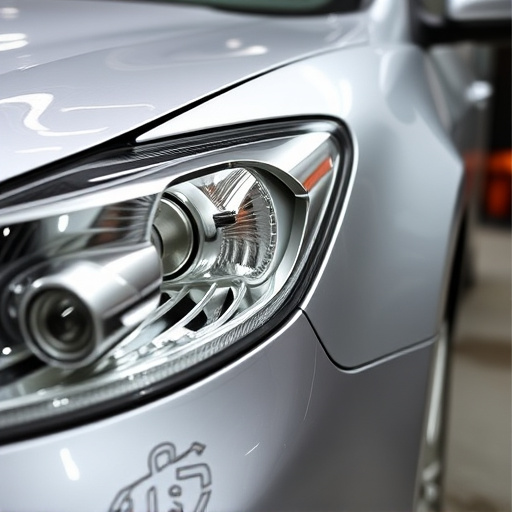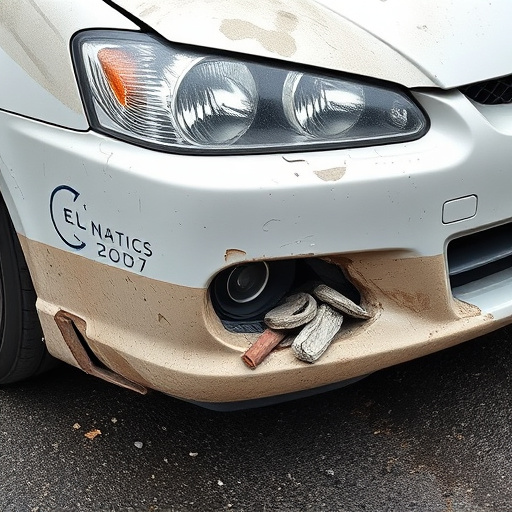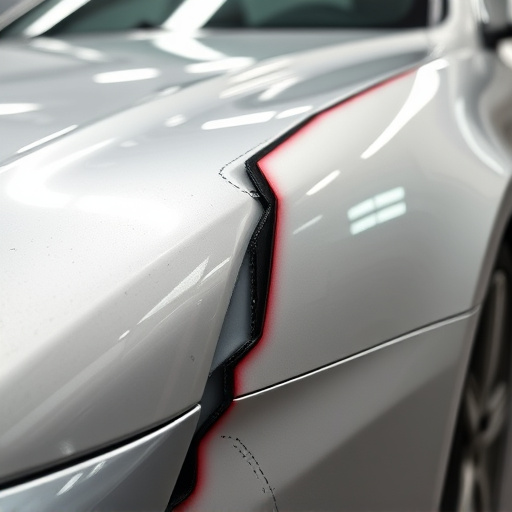Collision insurance claims denials are common due to strict criteria and policy exclusions. Policyholders should understand their policy limits and adhere to filing deadlines. Accurate documentation, second opinions for repairs, and legal assistance can challenge denial decisions and ensure fair compensation for legitimate vehicle damage.
“Have you ever filed an insurance claim only to have it denied? It’s a frustrating experience, especially when it comes to collision insurance claims. This guide delves into the common reasons behind such denials and your legal rights when they occur. We explore how insurance companies may turn down collision insurance claims, with a focus on illegal denials, and provide insights on fighting these decisions effectively. Understanding your rights is crucial for navigating this complex process.”
- Understanding Insurance Claim Denial Reasons
- When Collision Insurance Claims Are Denied Illegally
- Fighting Insurer Decisions: Your Legal Rights
Understanding Insurance Claim Denial Reasons
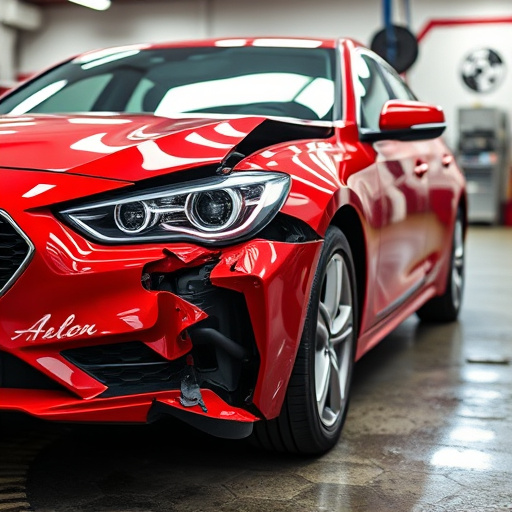
When a collision insurance claim is denied, it can leave policyholders confused and frustrated. Understanding why this happens is crucial for navigating the claims process effectively. Insurance companies have specific criteria that must be met for a claim to be approved. Common reasons for denial include failure to file the claim within the required timeframe, providing incomplete or inaccurate information, or not adhering to the terms outlined in the policy. For instance, if you’ve suffered a vehicle dent repair or car dent removal after an accident and the insurance company denies your claim, it might be due to policy exclusions related to cosmetic damages or misreported details.
Automotive restoration, while appealing, is often not covered by collision insurance unless it’s deemed necessary for safety or structural integrity. Denials can also occur when the damage is deemed minimal, and the cost of repairs exceeds the actual cash value of the vehicle. Policyholders should carefully review their policies to understand coverage limits and exclusions related to collision claims. Being proactive in documenting damages, providing accurate information, and adhering to filing deadlines can significantly reduce the likelihood of claim denials.
When Collision Insurance Claims Are Denied Illegally
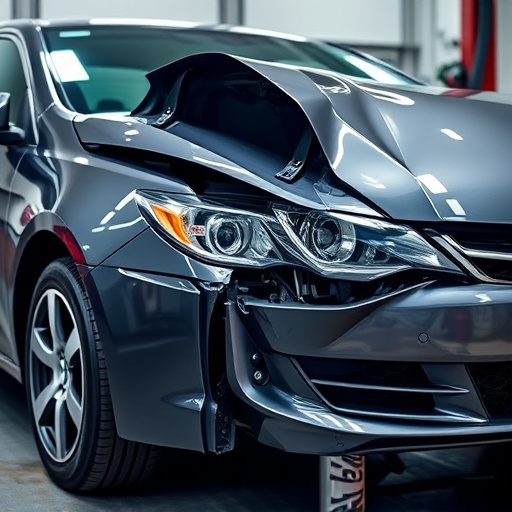
When collision insurance claims are denied illegally, it can be a frustrating experience for policyholders. In many cases, insurance companies may use loopholes or employ questionable practices to avoid paying out valid claims. This is particularly true when it comes to collision insurance, which covers damages resulting from vehicle accidents. Policyholders often find themselves at a loss when their legitimate bumper repair or dent repair claims are denied without just cause.
These denials can stem from various reasons, including incorrect assessment of damage, misapplication of policy exclusions, or even outright fraud. For instance, an insurance company might claim that the collision was not their fault, even when evidence suggests otherwise. In such scenarios, policyholders should thoroughly review their policy documents and gather all necessary documentation to support their claim. If a claim is denied illegally, it is advisable to seek professional assistance from legal experts or advocacy groups specializing in insurance disputes to ensure access to tire services and fair compensation.
Fighting Insurer Decisions: Your Legal Rights
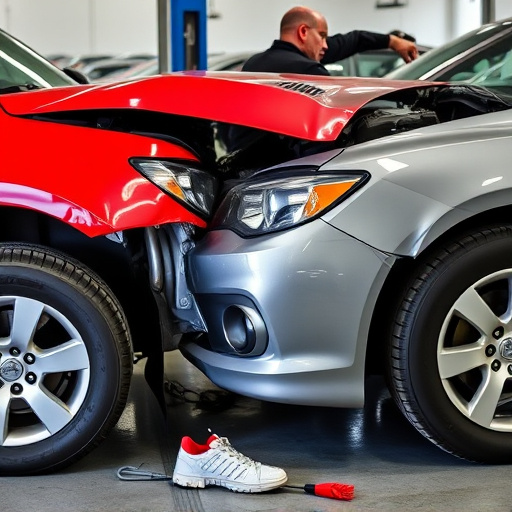
When insurance companies deny your collision insurance claims, it can feel like an insurmountable hurdle. However, as a policyholder, you possess legal rights that allow you to challenge these decisions. The first step is to thoroughly review the denial letter, understanding the specific reasons given by the insurer. Often, denials stem from discrepancies in the damage assessment, with the insurance company claiming that the repairs exceed the actual value of the vehicle or that the repair shop’s estimate is too high.
In such cases, you have the right to dispute the decision and seek a second opinion for your automotive repair, especially when it comes to intricate tasks like vehicle bodywork or even modern paintless dent repair techniques. It’s important to remember that insurance companies are not infallible; mistakes do occur. By gathering evidence, including photographs, estimates from multiple reputable shops, and expert opinions, you can build a strong case for your collision insurance claim. This process ensures fairness and helps secure the compensation you deserve for necessary vehicle bodywork repairs.
Insurance claim denials can be frustrating, but understanding your rights and the potential reasons behind them is empowering. Whether it’s due to a misunderstanding or illegal practices, knowing how to navigate these situations is crucial for ensuring justice. If your collision insurance claims are unfairly denied, don’t hesitate to explore your legal options, as you may have recourse through professional assistance.

